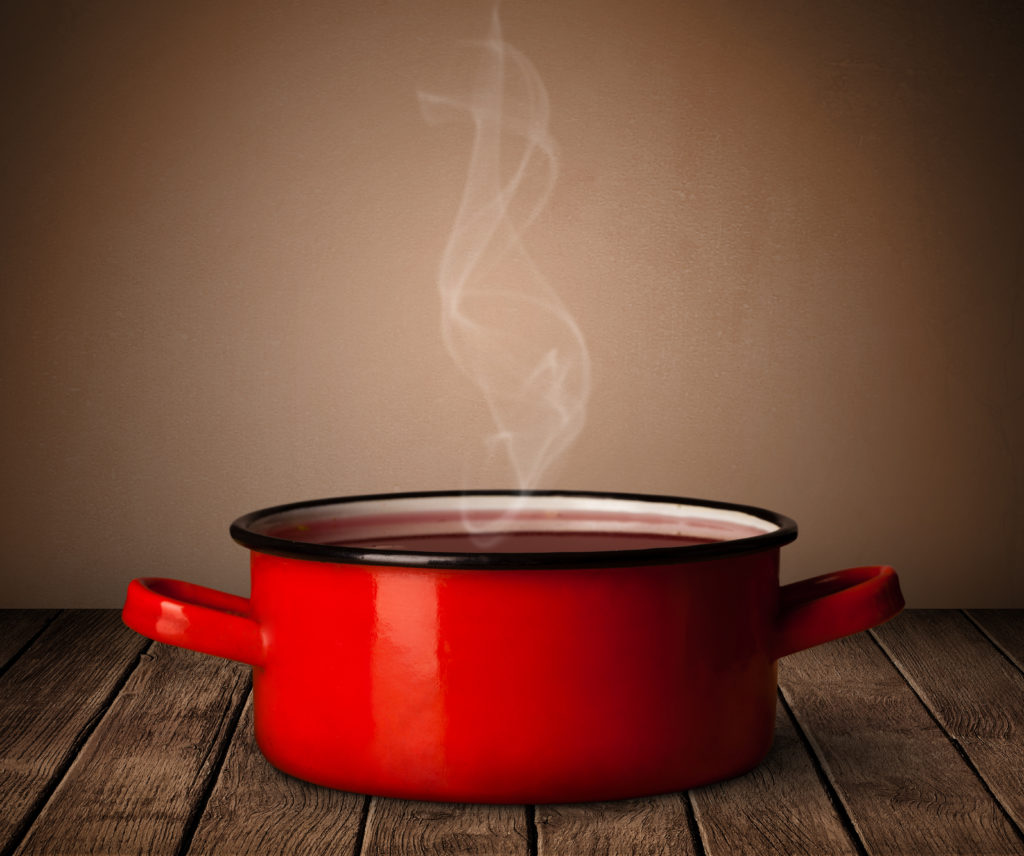There is something about the approach of a new year that makes me feel a little frantic. I liken it to the stress associated with wrapping up one big project and embarking on another simultaneously. The dual pressures of reflecting in a meaningful way on the ending year while projecting goals and dreams for the new one zaps what should be an energetic enthusiasm, in my experience, anyway.
For some reason, I feel like the failure to review the year in full and craft and commit to an important resolution somehow smacks of ingratitude. Shouldn’t those of us who survived 2017 approach 2018 with a reverence and recommitment to live life to the fullest? We should. But the idea of it wears me out before I even contemplate a resolution. And why bother, anyway? Considering that only 8% of those who make New Year’s resolutions keep them, the odds are seriously not in my favor.
Paradigm Shift
Part of this fatigue, as far as I can tell, comes from a problematic perspective. Some of us really shouldn’t dwell on the closing year because our personalities will keep us trained on those moments when we screwed up royally or fell short of our own standards. On the other hand, putting too much pressure on the new year and all the hopes and dreams we assign it can inspire all those useless, “but, what if?” questions, usually tied to failure.
In either case, the process is counterproductive. And while being present and in the moment is always trending and maybe over-advised, it does seem to be the only way out of this time trap. Consider Lao Tzu’s treatment of time, regarding mental health:
“If you are depressed you are living in the past.
If you are anxious you are living in the future.
If you are at peace you are living in the present.”
In honor of his words and in defense of my own sanity, rather than resolutions, I opted for recipes and reading – two activities that keep me firmly entrenched in the present moment, unwilling to move backward or forward in time, while simultaneously logging more miles, creatively.
Cooking Up Some Creativity and Peace

Although some might argue that it’s not very creative to follow a step-by-step recipe created by someone else, the act of starting with ingredients and ending with a meal is, no matter what, an act of creation. It had been ages since I tried a new recipe – hell, I’ve probably cooked a real meal less than a dozen times in the nine months that I’ve lived here – I went a somewhat resolution-y route and scoped out some healthy recipe suggestions.
Actually, in the interest of procrastinating and dodging my to-do list, moments of Instagram scrolling had revealed a recipe that caught my eye more than once – garlic soup. So, I decided to try it. And the one after that – turmeric broth. I went into full-blown cooking mode, even cleaning out the fridge in order to store my new creations and determine what other ingredients might be fodder for future meals. I realize that soups and broths likely don’t qualify as “full-blown cooking;” however, when you’ve been out of your own kitchen for a while, starting slow is a smart move.
Slow or not, research shows that the calm we experience when cooking (provided we’re not a contestant on Hell’s Kitchen), is reflective of improved brain function. According to The Daily Mail, “Cooking Can Improve Brain Function,” the reality is that “Cooking is becoming more and more common as a treatment for a wide variety of behavioral health conditions such as ADHD, eating disorders, anxiety, and depression.”
But, additional research shows that just reading recipes can prove beneficial as well, not unlike getting lost in a novel or collection of short stories. In “The Pleasures of Reading Recipes,” Bee Wilson explains, “Yet every recipe, whether we cook it or not, offers a vision of the good life, and a way of tasting food in your brain. It doesn’t need to actually have been eaten in its time to feel real to us now.”
Now. The present. Right where we need to be in order to feel at peace.